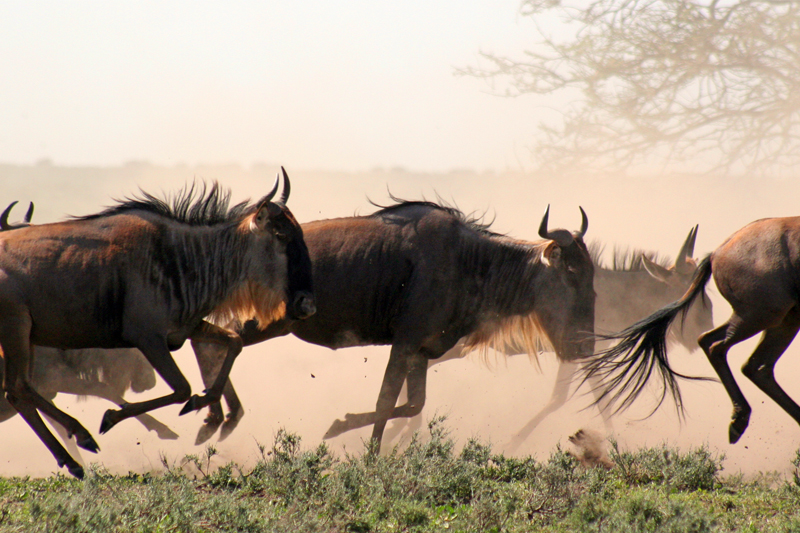
Top Safari Regions
& Experiences
Top Safari Regions & Experiences
Whether you are researching for your first safari or looking for new ideas, this page will run through the very best big game regions in Africa. Exactly where is best for you will depend on the time of year you wish to travel as well as your personal interests and requirements. Please call us on +44 (0) 1787 888590 or email us via our Contact Us page for specialist advice on all the areas mentioned below.
The Top Three
For unbelievably close up encounters and guaranteed big game sightings, three regions stand out above all others for their variety and consistency of game viewing:
- The Masai Mara National Reserve and bordering conservancies in Kenya
- The Ngorongoro Crater and Serengeti National Park in northern Tanzania
- The Kruger National Park and bordering private reserves in South Africa
The Best of the Rest
The following are also exceptional safari regions offering first class game viewing:
- Lewa Conservancy, Amboseli National Park, Samburu Game Reserve and Ol Pejeta Conservancy in Kenya
- Ruaha National Park, Nyerere National Park, Katavi National Park and Tarangire National Park in Tanzania
- South Luangwa National Park and Lower Zambezi National Park in Zambia
- Hwange National Park and Mana Pools National Park in Zimbabwe
- Chobe National Park (including Savuti), the Greater Linyanti region (including the Kwando and Selinda Reserves), the Tuli Block (including Mashatu Game Reserve) and the Okavango Delta (including Moremi Game Reserve) in Botswana
- Etosha National Park in Namibia
- Various private game reserves in South Africa including Madikwe Game Reserve, Phinda Resource Reserve, Kwandwe Game Reserve and Shamwari
There are of course many other wildlife areas which offer amazing experiences including those which because of their more extreme habitat offer more specialist wildlife experiences (i.e. primate viewing in the ‘jungle’ regions, desert species in arid regions etc.).
We have intimate knowledge and experience of all of Africa’s incredible safari regions. We know where is best for certain species, we know how good different regions are at different times of year, and we can guide you to an unbeatable safari experience that incorporates your interests and exceeds your expectations.
Please call us on +44 (0) 1787 888590 and speak to one of our specialists today, or let us know your requirements via our Contact Us page.
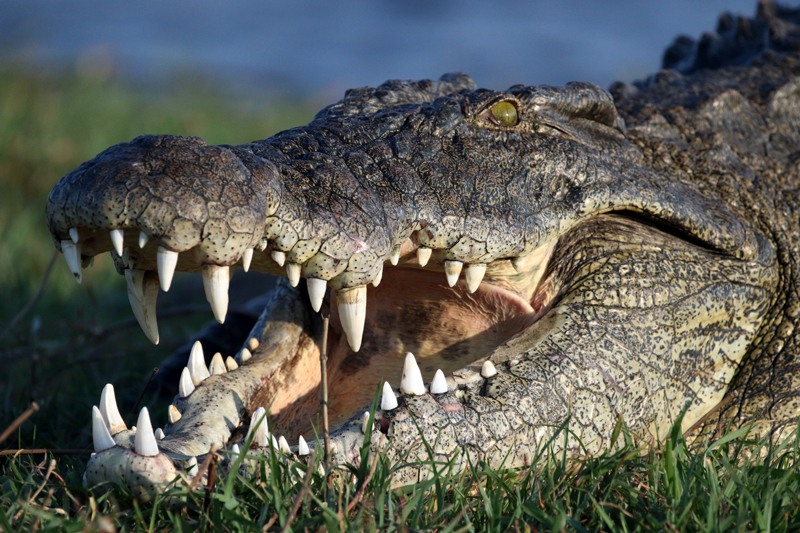
What You Will See
on Safari
What You Will See on Safari
On nearly all safari holidays with us you can expect to see the following key African animals: Elephant, buffalo, giraffe, zebra, hippo, crocodile, monkey, baboon, impala, waterbuck, wildebeest, warthog, mongoose and lion. Equally widespread, but perhaps less guaranteed to be seen are leopard, hyaena and jackal.
Species such as wild dog, rhino (black and white) and cheetah are not what we would call ‘rare species’ but you need to go to the right regions in order to find them, and even then these creatures (perhaps with the exception of white rhino) are not usually easy to find.
Species which are either naturally very rare (and hard to see) or only live in limited regions (based on habitat) include meerkat, aardvark, aardwolf, sable, roan, oryx, eland, hartebeest, sitatunga, oribi, reedbuck, civet, genet, porcupine, bushpig, African wild cat, serval, caracal, bushbaby, mountain gorilla, chimpanzee and various other primates. Many of these species are nocturnal and only usually encountered on night drives.
Birdlife usually forms a significant part of any safari as there are colourful and impressive species to see wherever you go, from darting kingfishers to soaring eagles.
If you want to see as many of Africa’s wonderful creatures as possible, you need to visit Africa’s key big game regions and combine a variety of different habitats. If you are interested in seeing specific animals, please explore our Species Search page.
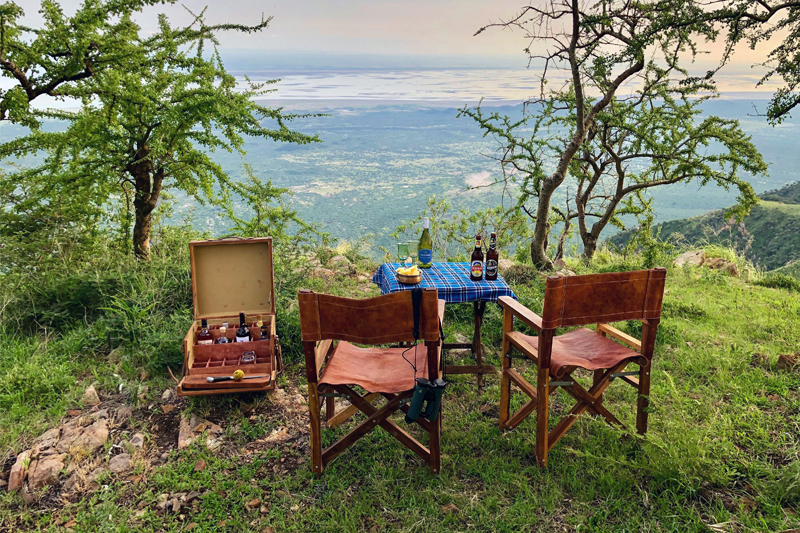
A Typical Day on Safari
A Typical Day on SafAri
Days on safari tend to begin with an early wake up (usually between 05h00 and 06h30 depending on the destination and time of year) followed by a light breakfast of some kind (can be a very simple hot drink and biscuits, or a more substantial breakfast). You will then head out with your local guide on a morning activity which will usually be a game drive but could, in some areas, be a game walk, boat cruise or other activity. Game viewing is best before it gets too hot and morning activities will usually end by mid-morning (3 to 5 hours duration is normal).
It is common then to spend the ‘heat of the day’ in camp, giving you a chance to relax, catch up on some sleep or sort through photos. Some camps have swimming pools (ideal for families in particular) whilst others have ‘hides’ overlooking waterholes which attract animals during the heat of the day. At the luxury end of the market, lodges may also have a health spa or gymnasium.
Meal schedules vary from region to region and camp to camp, with some properties offering a substantial ‘brunch’ meal around late morning/midday (and then nothing till afternoon tea) whilst others offer the more traditional breakfast (at whatever time) and a lunch at ‘lunchtime’. One thing is for sure, you don’t go on safari to lose weight!
In the mid-afternoon you are likely to meet up again with your guide and enjoy afternoon tea and snacks before heading out on an afternoon game activity. The animals generally become active again as the temperature drops and some of the nocturnal species begin to move around as the light fades. In some regions the afternoon activity will end with sunset drinks in the bush followed by a night drive (with a spotlight) back to camp for dinner.
Camps and lodges will vary as to whether dinner is taken communally or on individual tables, with communal meals sometimes offering a ‘house party’ atmosphere. Either way, guests are usually ready for bed at a decent hour in anticipation of an early start the next morning!
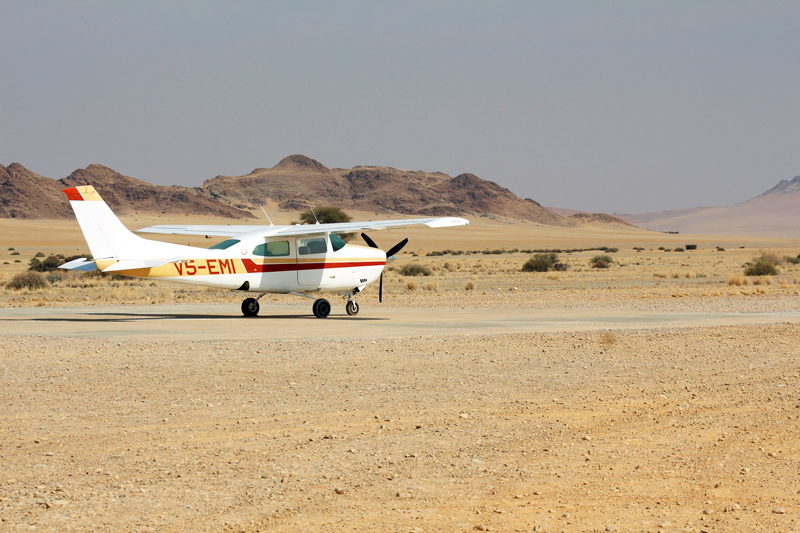
Travelling Around
Africa
Travelling Around Africa
As distances are often significant between key game viewing regions and attractions, it is usual for a safari holiday to include a variety of flights, from internal scheduled flights on medium sized jet engine aircraft (flying between towns) to private air transfers on tiny 4 seater light aircraft.
Most of Africa’s leading safari countries have developed a complex variety of scheduled internal flights and non-scheduled air transfer services to allow guests to access the necessary wilderness regions. A key thing to note is that nearly all internal flights in Africa have a total luggage limit of between 15 and 25kgs per person, and ‘soft-sided’ luggage is generally required.
Road transportation is used where practical. In some more remote places flights may not be possible or are very expensive, and longer road transfers or overland expedition style safaris could be considered.
Certain countries such as Rwanda, Uganda, Namibia, Malawi and Tanzania (north) are more suited to travelling between multiple safari parks by road. However most countries can offer this to some degree, and it sometimes possible to avoid flying altogether.
There are also a few places in Africa where local conditions require transfers to be undertaken by boat or helicopter, and certain wilderness camps that can only be reached on foot!
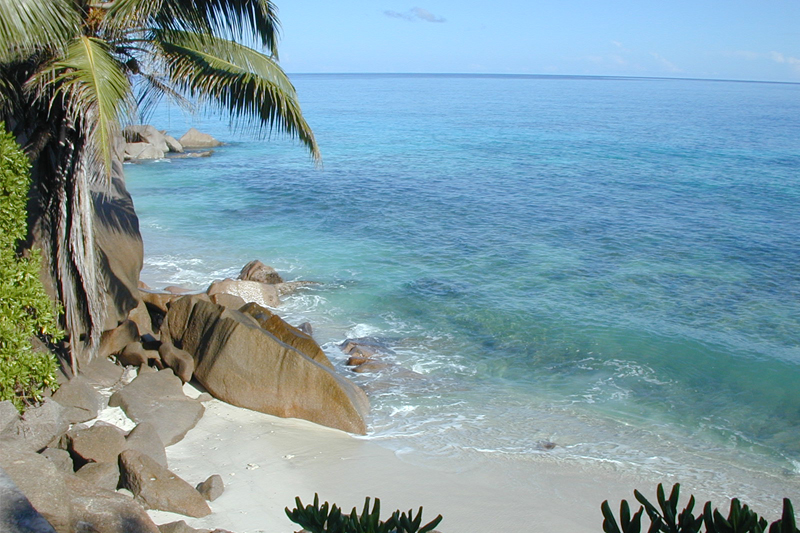
Bush & Beach
Combinations
Bush & Beach Combinations
Many people heading to Africa on safari will choose to include some relaxation time, and often this means heading to the beach for some sun and coastal exploration. The coast of East Africa offers a wide variety of iconic beach destinations, from bustling Mombasa and exotic Zanzibar to remote islands offshore from Mozambique. The Indian Ocean Islands of Mauritius and The Seychelles are ‘stand-alone’ beach destinations in their own right, but also offer superb beach extensions after a dusty safari. There are of course logistical considerations when moving from your safari to the beach, and some safari regions and beach destinations make more natural combinations than others.
If you are planning your honeymoon or a special family holiday, it is very likely that a beach section could be an integral part of your trip.
Our expertise covers the beach destinations as well as the safari areas, from 5 star Mauritius hotels to idyllic Mozambique retreats and boutique Zanzibar hotels, so please let us know your priorities and we will be able to advise which safari and beach combinations might work best at the time of year you are planning to travel. Please call us on +44 (0) 1787 888590 or email us your requirements via our Contact Us page.
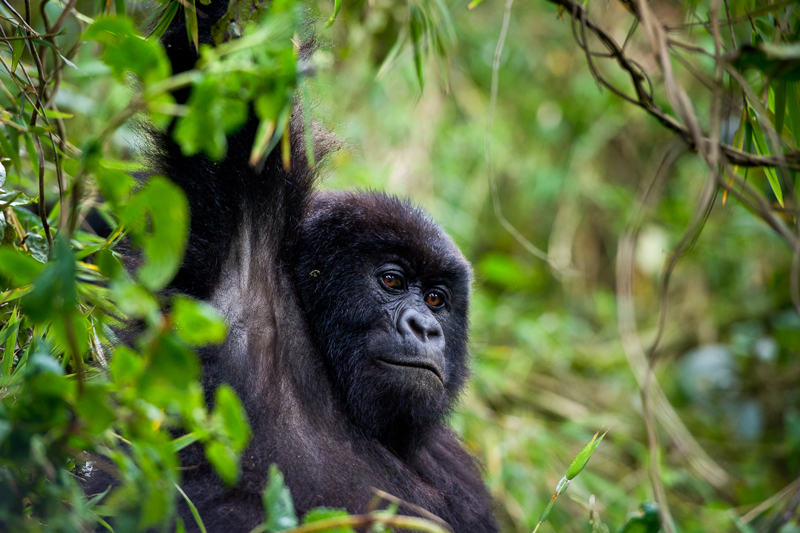
Combining Different
Countries
Combining Different Countries
It is extremely easy to combine different countries in East and Southern Africa and our specialists have the knowledge and expertise to recommend combinations that make practical sense, including being able to advise on the best ways to do it. Common combinations include Kenya or Rwanda with Tanzania, and any number of options between the countries of southern Africa (Zambia, Zimbabwe, Namibia, Botswana and South Africa). It is also extremely common to combine a ‘safari’ country with ‘beach’ countries such as Mauritius, Mozambique and Seychelles.
The most complex part of combining different countries is ensuring you are aware of the necessary visas, health and currency requirements. We will always provide you with the information you need to be fully prepared for your travels, and we are always on hand to help with any questions. Please call us on +44 (0) 1787 888590 and speak to one of our specialists today, or let us know your requirements via our Contact Us page.
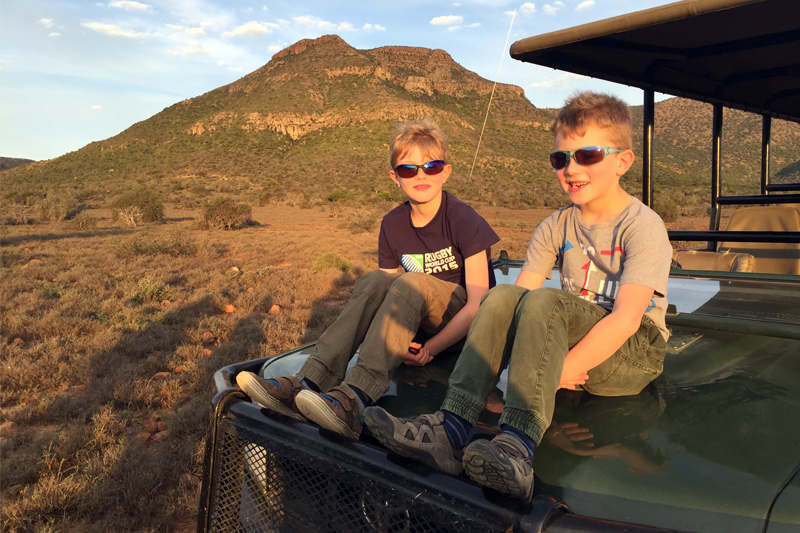
Malaria-free Safaris
Malaria-free Safaris
Whilst pockets of safari Africa may not be prone to malaria (such as high altitude or desert regions), the only regions of East and Southern Africa that are officially malaria-free are the north-west, central, south-east, and south-west parts of South Africa (about 90% of the country) and the central and southern regions of Namibia. All other areas carry the risk of malaria.
Within South Africa, there are several fantastic safari regions where malaria does not exist. In the north-west of the country are the Madikwe Game Reserve (a big five reserve) and the Waterberg region (great for families), whilst in the Kalahari region of the northern Cape is Tswalu Kalahari Game Ranch (exclusive five star option). In the south of the country there are multiple malaria-free game reserves to choose from, the best of which are found in the Eastern Cape region. ‘Softer’ options exist within a few hours drive of Cape Town.
In Namibia, the central and southern regions do not include dedicated big game areas, but there is plenty of game spread throughout the desert and it is possible to combine more specialist game viewing with general desert exploration and sight-seeing.
If you are planning a family safari, or perhaps would simply prefer to visit a malaria-free game region, please call us on +44 (0) 1787 888590 or email your requirements via our Contact Us page.
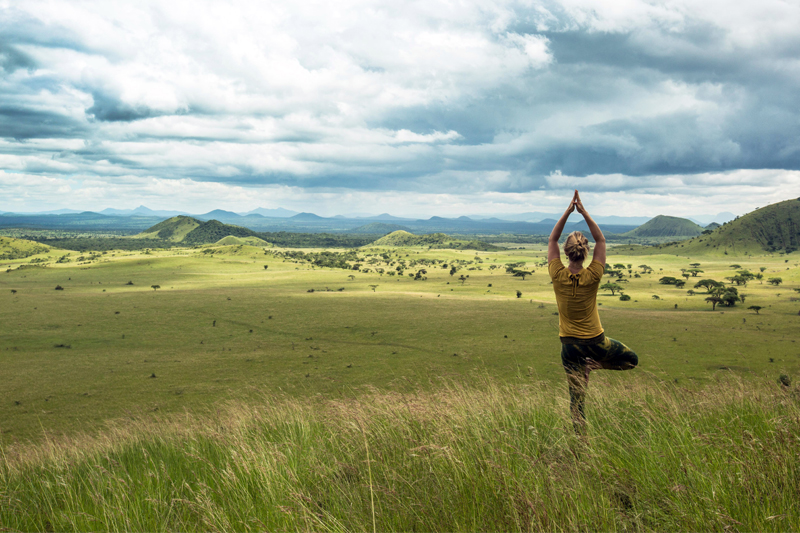
Can a Safari be Relaxing
Can a Safari be Relaxing
The simple answer is that a safari can be as relaxing as you need it to be. At Safari Consultants we specialise in designing the perfect tailor-made safari experience for you, and one of our key questions will always be ‘how relaxing do you want your schedule and safari experience to be?’ Some clients take the attitude that they can sleep/relax when they get home, and that every moment on safari is precious, so all their waking time is spent game viewing. Others want to build a trip that allows time to relax and enjoy time together in addition to enjoying the excitement of the safari.
At one end of the scale, there are luxury lodges with swimming pools, health spas and sun decks. In between game drives you can sunbath, relax, read, swim and generally be pampered. At the other end of the scale, you can head off into the bush on an adventurous walking, canoeing or horse-riding safari, moving camp each day and stopping only for lunch and a rest in the shade during the heat of the day.
The common ground with all styles of safari holiday is usually the early start to the day – wake up is usually at sunrise as game viewing is best before it gets too hot. This can be as early as 05h00, but is more likely to be 05h30/06h00. As the early starts can become tiring (though you usually get a chance to catch up on sleep during the day and early nights become normal) many travellers deliberately allow some time in their holiday where they do not have to ‘get up early’.
The other key aspect that will affect how relaxing your holiday will be is the amount of moving and travelling you do. An intensive exploration holiday may have you moving location every couple of days and fitting in as many different regions and experiences as possible. A much more relaxing holiday will involve less travelling and include fewer stops with plenty of time to settle in and explore each location in depth.
Whatever pace of safari you choose, it will always be an escape from everyday life. A safari is always a therapeutic ‘break’ where daily routines are simplified and you have time to slow down, switch off and enjoy the ebb and flow of nature. You may not get extra sleep on safari, but you will certainly re-charge your ‘mental’ batteries.
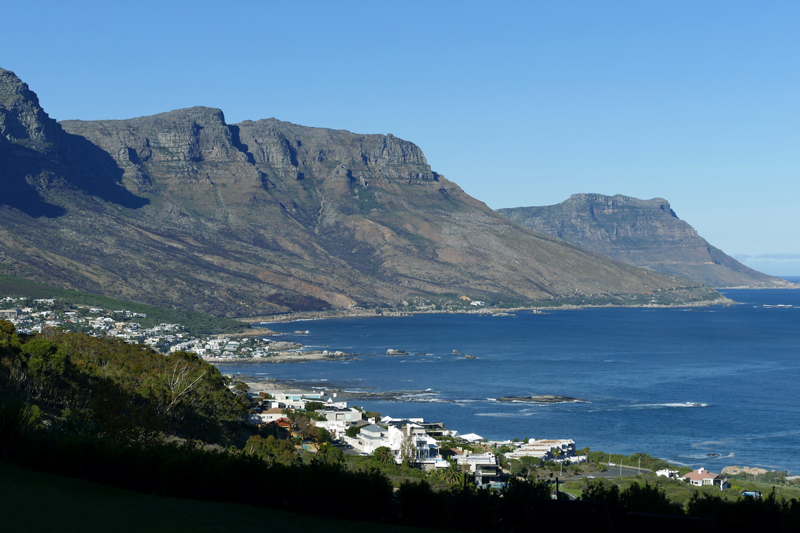
Not Just Safari
Not Just Safari
Animal viewing is the core reason to go on safari in Africa, but our holidays often include more than just going on safari. South Africa and Namibia in particular are both easy self-drive destinations, where general sight-seeing and more specialist interests can form the majority of your holiday. In South Africa in particular, options range from wine tasting, gourmet restaurants and rail journeys, to whale-watching, scuba diving, golf, mountain walks, wild flowers and battlefield tours.
In many safari countries, cultural experiences can be richly rewarding and add to your overall experience of Africa, whilst places such as Victoria Falls can offer a wide diversity of non-safari activities including river cruises, bungee-jumping, white-water rafting, jet boating, helicopter tours and horse riding.
Of course there are the coastal beach options too, from the popular Kenya coastal resorts and Tanzania islands such as Zanzibar to the remote beaches of Mozambique and north-east South Africa. The Indian Ocean Islands of Mauritius, Madagascar and Seychelles offer some of the most exotic beaches in the world.
Any safari, no matter how adventurous, can be combined with non-safari interests or activities. For more detailed information on the range of possibilities, please see our Special Interest page.
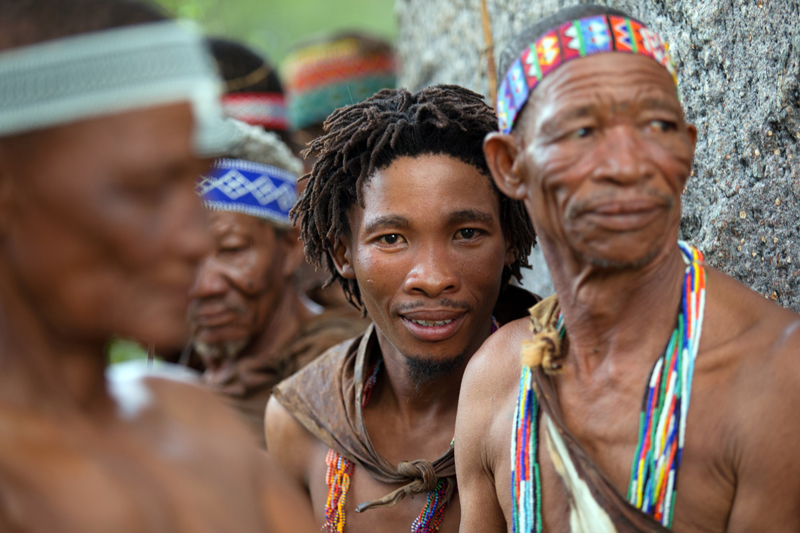
Cultural Experiences
Cultural Experiences
Africa may principally be known for its wild animals which are ultimately the main reason why most people go on safari. However, the continent is brimming with interesting culture too. Some safari destinations focus heavily on wilderness and wildlife experiences, with the cultural aspect of the host destination somewhat overlooked, but others really lend themselves to cultural interaction and in these places you can spend part of your holiday really getting to know about the local people and their way of life.
Whilst village visits, schools visits and generally taking in rural African life is possible throughout most countries in which we specialise, some of the most interesting cultural options are as follows:
- Himba people in the Kaokoland region of north-west Namibia
- Bushman experiences in the Central Kalahari and Makgadikgadi Pans regions of Botswana
- Maasai tribes in Kenya’s Masai Mara and northern Tanzania’s Ngorongoro Highlands
- Samburu tribes in Kenya’s Samburu, Mathews and Laikipia regions
- Hadzabe hunter-gatherers around Lake Eyasi and the Serengeti in northern Tanzania
In addition, if you choose to travel around countries like Uganda, Malawi or Madagascar, your holiday will naturally focus on ‘seeing the country’ and experiencing a wide variety of community and cultural experiences. This is especially true in Madagascar where culture forms a huge part of any trip to the island, with too many different tribes to mention here.
We support a number of community and conservation based charities and initiatives, and strongly believe in Responsible Tourism.
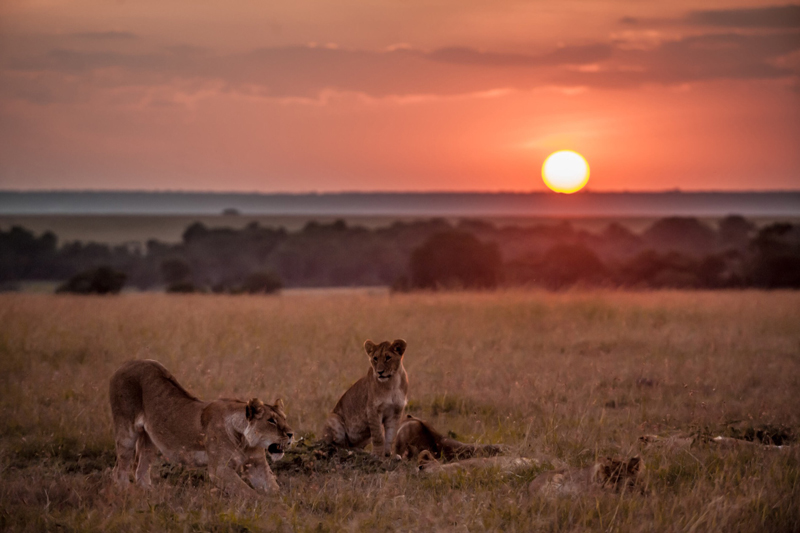
Conservation in Africa
Conservation in Africa
Conservation maybe a ‘buzz’ word in modern tourism, but in Africa it has been going on for many years with many initiatives in place to conserve both the animals and the environment. To go into details of individual efforts and projects is impossible as conservation work is so widespread. In fact there are very few safari operators or camps that we work with that do not contribute towards conservation in some way, and we support a number of community and conservation based charities and initiatives, details of which are found on our Responsible Tourism page.
In many places, conservation efforts are intricately entwined with, and rely upon, safari tourism. More recently, we have seen fantastic developments in many areas with local people incentivised to help protect wildlife and natural landscapes. This is how it has to be – the custodians of the landscape involved in their own futures, but with a broader perspective and greater incentives than previous generations all over the world have had. In 2015 we witnessed one of the largest and most complex rhino re-location programs to help protect this endangered species which is being poached to oblivion. Whether it is mountain gorillas, elephants, rhinos or lions, conservation efforts in Africa are relentless. The crucial message from our perspective is how pivotal safari tourism is in future of Africa’s natural landscapes and wildlife. Without (responsible) safari tourism, the animals of Africa will not survive.
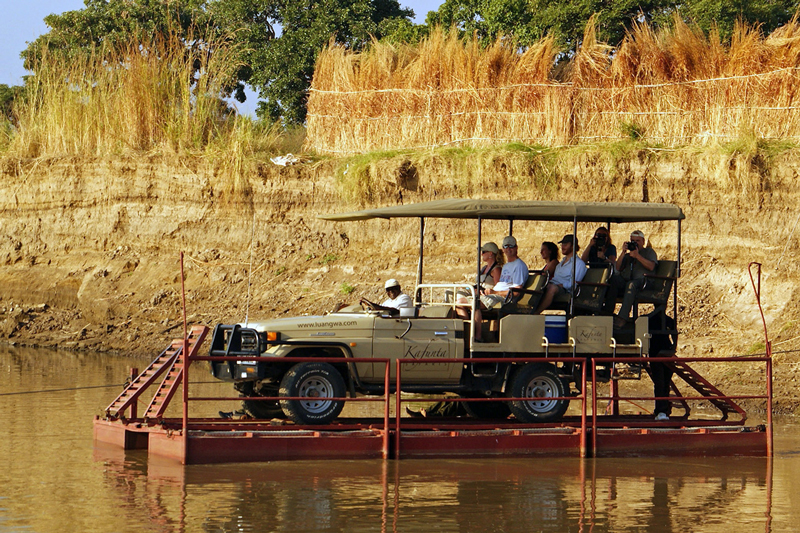
Health & Safety on Safari
Health & Safety on Safari
Your safety is paramount to us on safari, though anyone travelling to Africa on safari must appreciate that there are risks involved. Wild animals are just that – wild – and therefore unpredictable at times. Whilst most will avoid confrontation, all, including elephant, rhino, buffalo, hippo, lion, leopard, hyaena and crocodile need to be treated with the utmost respect. Whilst you rarely see them on safari, Africa also has its share of venomous snakes, scorpions and spiders.
Safari Consultants are very aware of the dangers posed on safari and we endeavour to work only with organisations and safari operators that work ethically and provide suitably qualified guides. Guiding is especially important when you embark on more adventurous safaris – walking, canoeing, horse-riding etc. Guests embarking on more active or adventurous safaris should be aware of their increased exposure to wild animals and should always discuss activities with their safari specialist to ensure they are comfortable with their chosen safari.
Safari travel in Africa also carries the normal risks associated with worldwide travel. Light aircraft are often used to access remote areas and road/driving conditions can vary enormously. Whenever possible, we tend to avoid moving guests around by road at night, and we only work with airlines who are fully licensed. All safari operators we work with are fully licensed for all activities, including boats, vehicles, helicopters, balloons etc. We undertake full due diligence on all suppliers we work with, including airlines, transfer companies and activity operators to ensure that safety standards are met.
We are fully insured against professional indemnity and public liability, and we ensure that our suppliers also have suitable cover, though claim limits in Africa are typically much lower than you might expect back home. There are a small number of adventure activities which we ask you to book direct if required, as they fall outside our insurance cover.
Crime exists throughout Africa as it does everywhere and there are of course areas and situations which all tourists should try and avoid. However, on an organised safari holiday you do not have to specifically worry about crime, beyond exercising common sense in public places (i.e. there is no place for expensive jewellery on safari!). Cash should remain with you at all times.
Perhaps the greatest overall threat to you on safari comes from the smallest of creatures and concerns your health. Mosquitos transmit malaria and the vast majority of safari Africa is found within malarial zones. Taking anti-malarial tablets and following our advice on how to avoid being bitten are the only two ways to prevent yourselves from being affected by malaria. Much of South Africa and southern Namibia are malaria-free zones.
Africa is home to a few other tropical diseases and biting insects, and you will need to take professional medical advice well before travelling – some inoculations will probably be required. Yellow Fever certificates are required when arriving from Yellow Fever zones (such as Kenya, Tanzania, Uganda, Rwanda, Ethiopia).
When on safari, you must also remember to drink lots of water (clean water is provided in all safari camps and lodges) and protect yourself from the sun. Sunstroke and de-hydration are arguably the most likely cause of guest illness on safari.
Despite this seemingly long list of potential woes, Africa is actually very ‘user-friendly’ compared to travelling in other adventurous parts of the world. The safari industry is generally very advanced and quite sophisticated, with food preparation policies strictly adhered to and evacuation measures in place for most safari regions. Going on safari does not need to be viewed as an especially dangerous or adventurous undertaking, but you do need to be aware you are travelling to Africa, with all that entails.
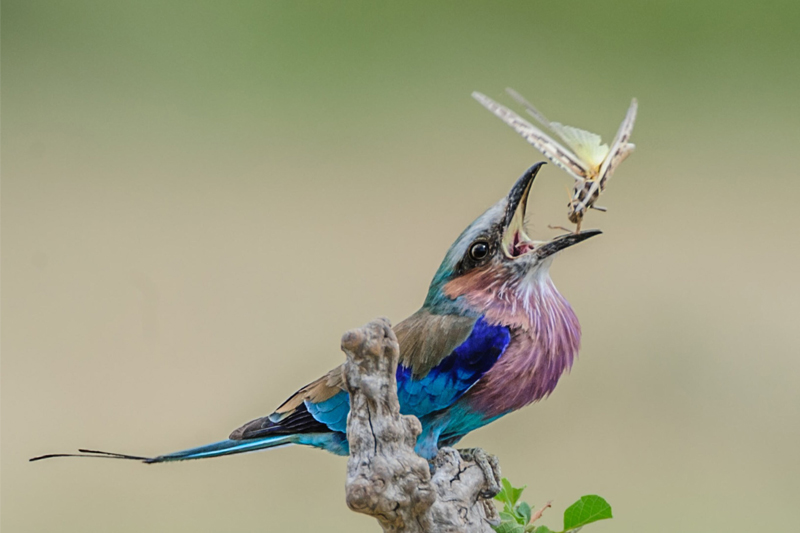
Photography on Safari
Photography on Safari
An African safari is a photographer’s dream – landscape, people, animals, birds – the topics are varied and ever-changing. We organise individually tailored safari holidays for many keen and experienced photographers, and also outfit a number of small group photography tours for photographers we know and work with. For more information, please see our Photography on Safari page.
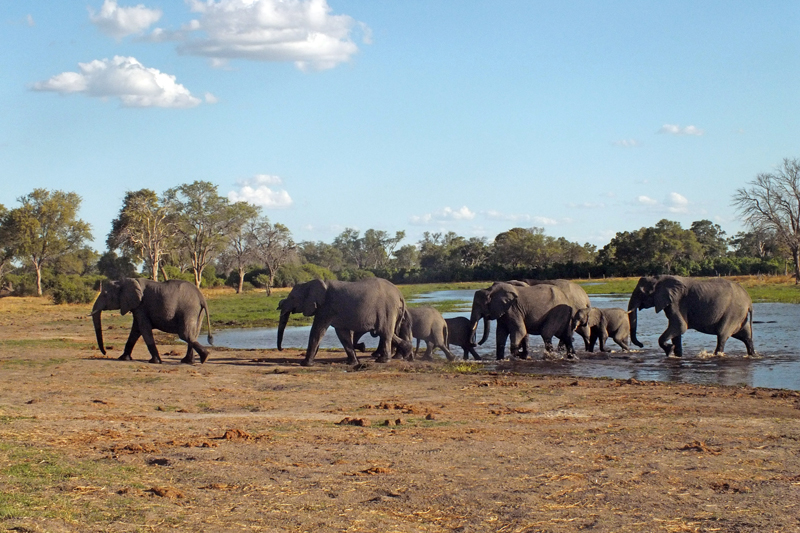
Budgeting for a Safari
Budgeting for a Safari
Travelling to safari Africa is generally expensive and budgeting for a safari usually needs to be taken into account early in the planning process. Our holidays vary in length according to the individual requirements, but holiday costs for 10 to 14 days in Africa not including international flights can range in price between UK£5,000/US$6,000 and UK£25,000/US$30,000 per person. The lower range is limiting and it is usual for typical safari holidays to cost upwards of £8,000/ US$9,600 per person (exchange rate based on 1.20 – this could of course vary with time).
An awful lot depends on when you travel, what you do and how long you spend on safari. In particular, to keep costs down and get the best possible value for money, you should consider travelling in low or shoulder seasons (but please note game-viewing conditions may not be at their best). Also consider self-driving and/or including some relaxation time, as self-drive holidays and beach holidays are usually less expensive than being on safari. For more information on how to make the most of your holiday budget, please see our Great Value Safaris page.
At Safari Consultants we do not offer budget safaris, but we do offer excellent value for money. Our knowledge and experience enables us to suggest value for money safari options which will provide the experience you are looking for at a cost you can agree to. Whatever your personal circumstances, we will always ensure you make the absolute most of your holiday budget. To find out more please call us on +44 (0) 1787 888590 or email us via our Contact Us page.
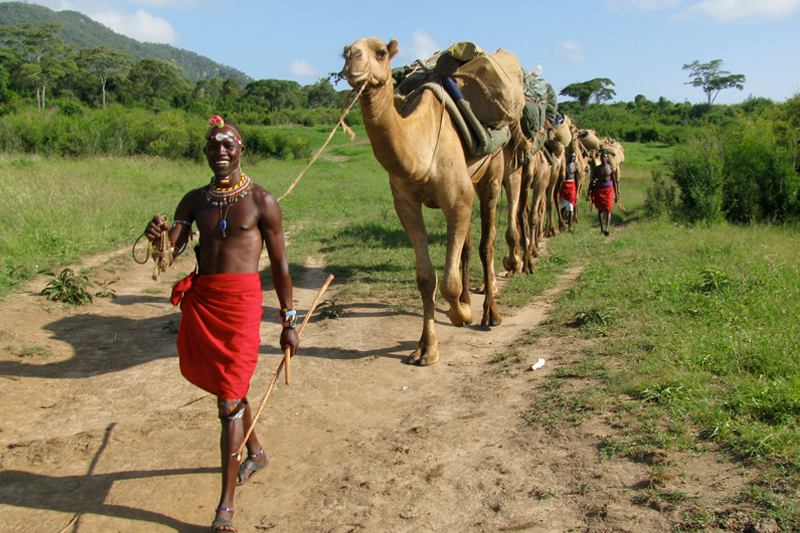
What to Take on Safari
What to Take on Safari
If you travel with Safari Consultants you will be provided with comprehensive advice on travelling on safari and detailed lists of what to take. We will be able to advise you on every aspect of safari travel from what clothes to take, to camera equipment and health requirements.
In terms of clothing, you will not need to head out and purchase a new safari wardrobe, but you may need to buy a few items and will need to follow some basic guidelines. The biggest single surprise for many guests is how cold it can be in Africa, especially in certain regions during their winter period.
Away from clothing, the absolute essentials are a pair of good binoculars (do not share binoculars, especially on honeymoon!), a torch, sun glasses and hat, mosquito repellent, water bottle and perhaps a good book. A sense of adventure, a little patience, a sense of humour and a willingness to learn will all help you enjoy your safari experience to the maximum!
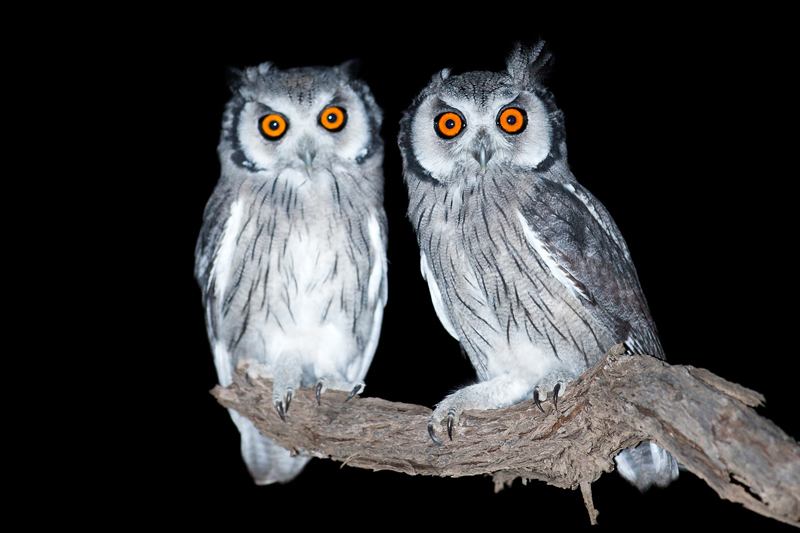
Useful Contacts
Useful Contacts
Please visit our Useful Links page for more details. If you travel with us you will be able to speak with us at any stage and if we don’t have immediate solutions to specific requirements you may have, we will always know who to contact to ensure your requirements are met.


